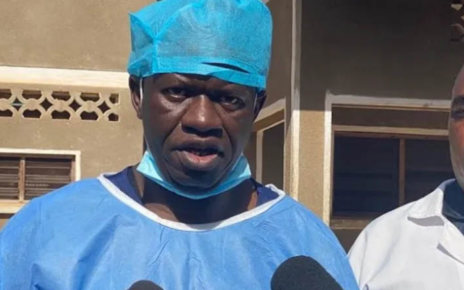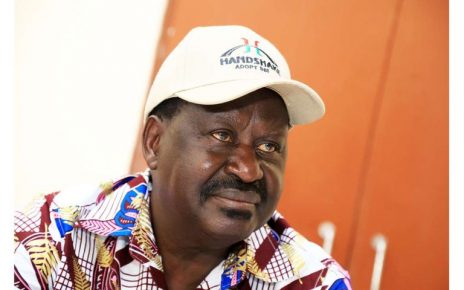In a controversial yet thought-provoking statement, Josphat Kamanya boldly declared, “Raila Odinga will finish 3rd in the AUC Chairman election. Yes, he is a Pan-Africanist like we all are, but the Raila of the late 1990s and 2000s would have been the best candidate.
But now, he is not fit. We see him as a betrayer of the Gen Z movement.” This statement reflects a sentiment that is growing among younger Africans, particularly those in Generation Z, who have begun questioning the leadership of older political figures like Raila Odinga.
Raila Odinga, often referred to as a champion of Pan-Africanism, has a long and storied history in African politics. In the late 1990s and early 2000s, his reputation as a reformist, a unifying figure, and a defender of democracy made him a standout leader, not just in Kenya but across the continent. His relentless push for constitutional reforms and his fierce opposition to oppressive regimes earned him the admiration of millions. However, according to Kamanya and others who share his views, this version of Raila is a far cry from the leader we see today.
The Fall from Grace
Kamanya’s criticism hinges on Raila’s perceived betrayal of the younger generation, particularly the Gen Z movement. This generation, born roughly between 1997 and 2012, has become a driving force for change across Africa. Armed with technology, social media, and an unrelenting desire for justice and equality, they have called out leaders who they feel have failed to deliver on their promises.
For many in this demographic, Raila’s recent political moves have painted him as a symbol of the old guard—leaders who prioritize political survival over progressive ideals. His involvement in Kenya’s controversial “handshake” deal with former President Uhuru Kenyatta in 2018 is often cited as a turning point. While some saw the deal as a move to stabilize the country, others viewed it as a betrayal of the millions who supported Raila’s fight against electoral injustice.
Pan-Africanism and the Generational Divide
The concept of Pan-Africanism, which Raila has championed throughout his career, resonates deeply with Gen Z. However, their interpretation of this ideology differs significantly from that of older generations. For Gen Z, Pan-Africanism is not just about political unity but also about addressing issues like climate change, youth unemployment, and digital inclusion. They expect their leaders to not only embody these values but also to actively work towards them.
In this context, Raila’s failure to align himself with the aspirations of younger Africans has made him seem out of touch. Kamanya’s assertion that Raila “is not fit” for the position of AUC Chairman reflects this growing disconnect.
The Implications of a 3rd Place Finish
If Raila were to finish third in the AUC Chairman election, it would signal a significant shift in African politics. It would highlight the increasing influence of younger voters and the need for leaders to adapt to their expectations. It would also serve as a wake-up call for seasoned politicians who rely on their historical achievements rather than addressing contemporary challenges.
Raila Odinga’s legacy as a Pan-Africanist and a reformist is undeniable. However, as Kamanya points out, the Raila of today is not the same as the Raila of the late 1990s and early 2000s. To secure his place in history and win back the trust of the younger generation, he must acknowledge their concerns and work towards bridging the generational divide.
In the end, whether Kamanya’s prediction comes true or not, the debate around Raila’s candidacy highlights a broader conversation about leadership, accountability, and the future of African politics.



